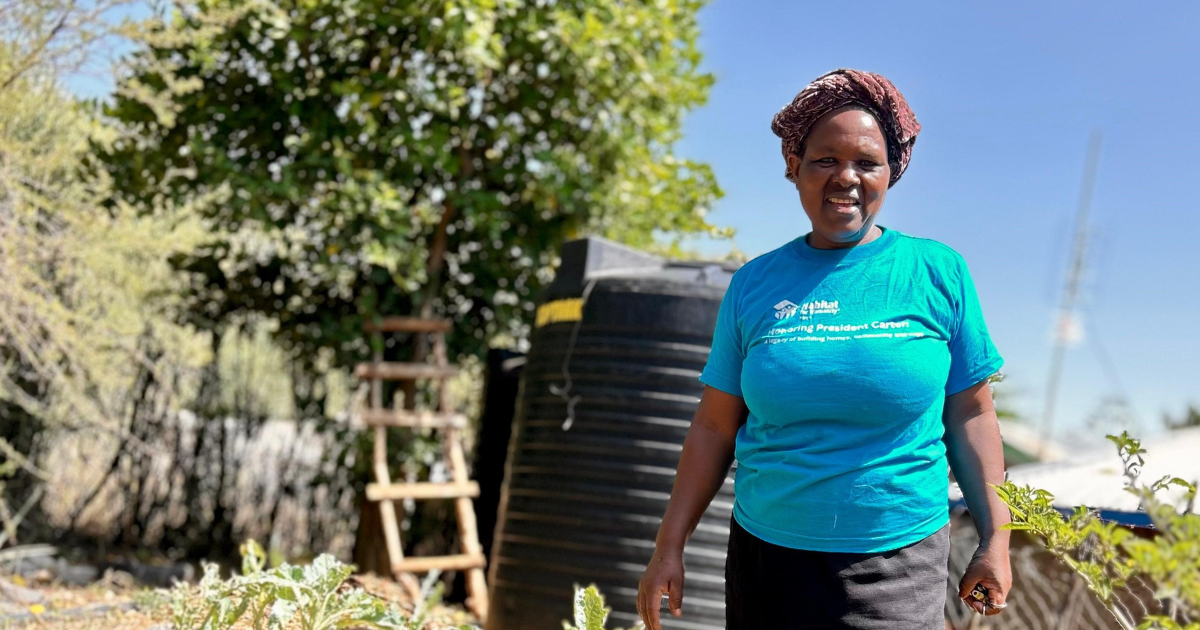
Drought-Proofing Leads
Ann to Financial Independence
Ann once lived hand to mouth, relying on her husband to make ends meet.
To support her family, she made charcoal, a practice that’s not only physically demanding but harmful to both health and the environment. It was all she knew to do.
But things have changed. Today, Ann runs a thriving farm, supports her family independently, and is investing in her community’s future. All thanks to the support that helped her take the first step.
With guidance and training from the Anglican Church of Kenya in Mt Kenya West Diocese, Ann received a loan and began to build a different life.
She started small, just a few crops. Over time, that grew into a diverse farm with fruit trees, a kitchen garden, dairy cows, poultry, and even hay storage to prepare for dry seasons.
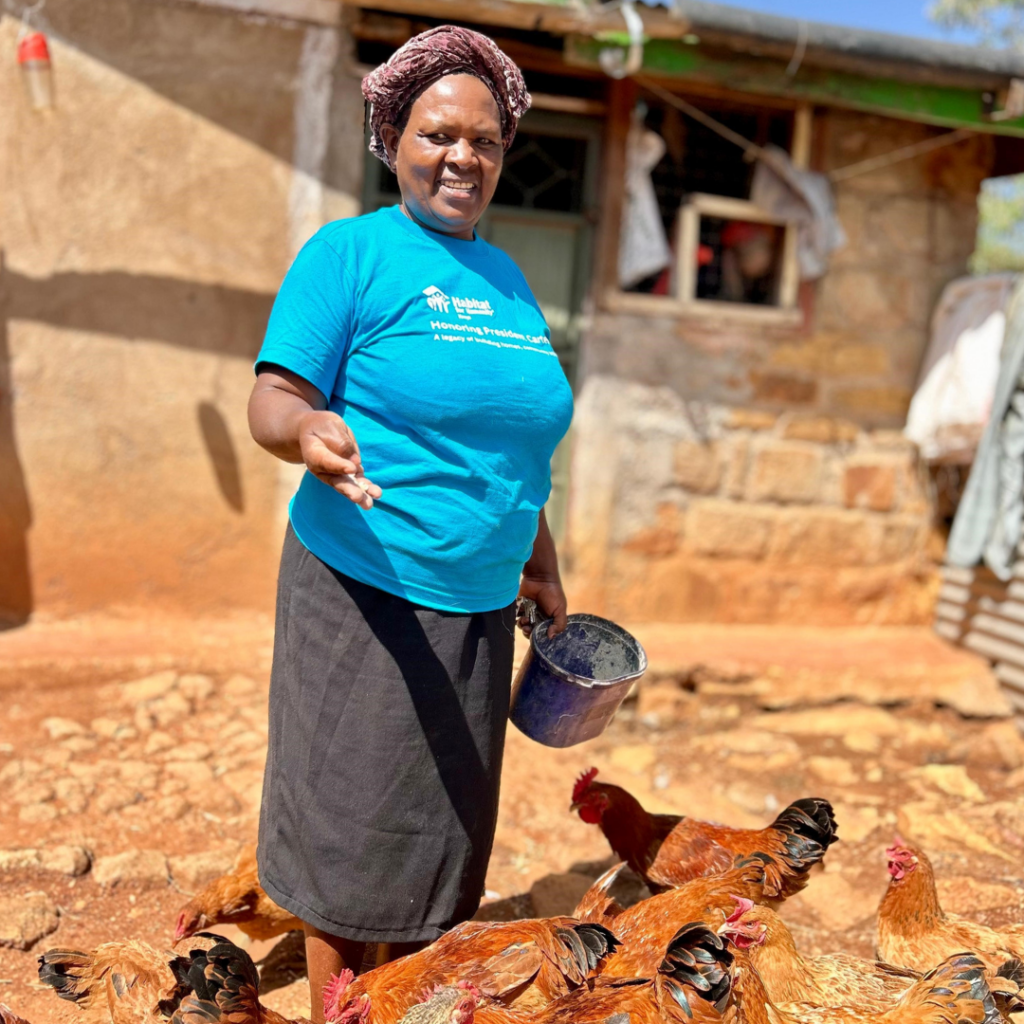
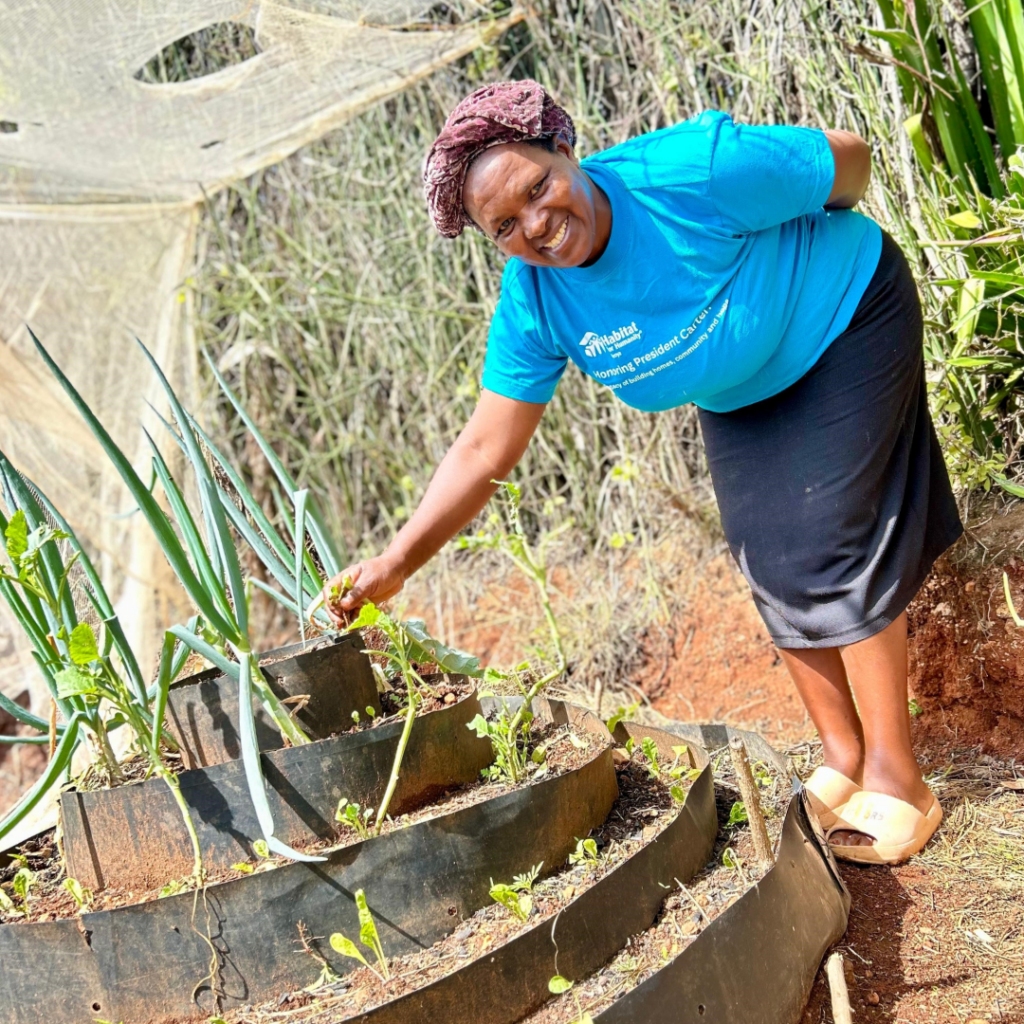
The training focused not just on farming, but on leadership. Ann was encouraged to see herself not only as a farmer, but as a community leader. Someone with knowledge and skills worth sharing.
Together with other women, she helped form a Women’s Network, a group committed to supporting one another and empowering others.
They share practical skills, but also challenge social norms by teaching about sustainable livelihoods, women’s leadership, and child rights.
Ann no longer makes charcoal. In fact, she’s doing what she can to repair the damage.
“I feel obligated to plant as many trees as possible to replace the ones I cut down.”
Her vision for the future keeps growing.
With savings from her farm, Ann has purchased more land and built rental properties, another step toward long-term stability for herself and her family.
Her story is a reminder that gender need not be a barrier to independence, dignity, or opportunity.
With the right support, women like Ann are building futures that are not only secure but sustainable.
Initiatives mentioned in this article are part of the ‘Imarisha Maisha II’ program, which receives funding from the Australian Government through the Australian NGO Cooperation Program (ANCP).

